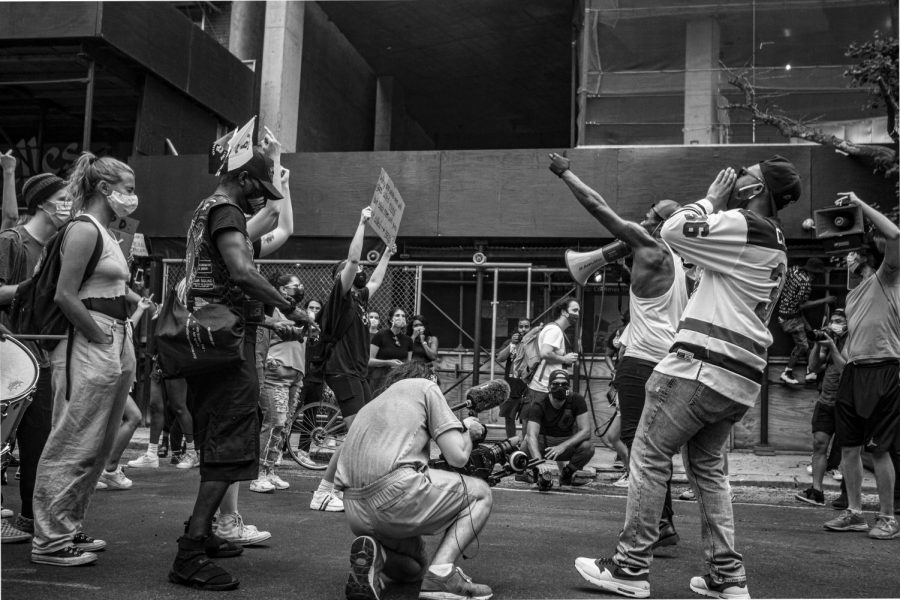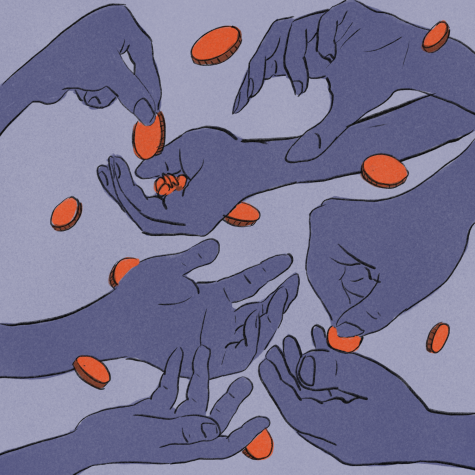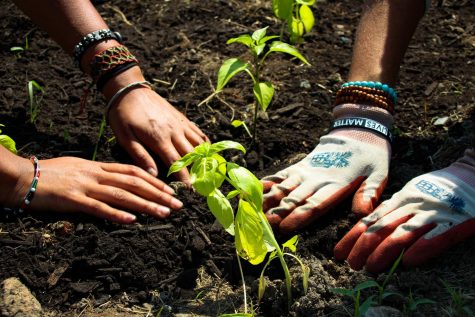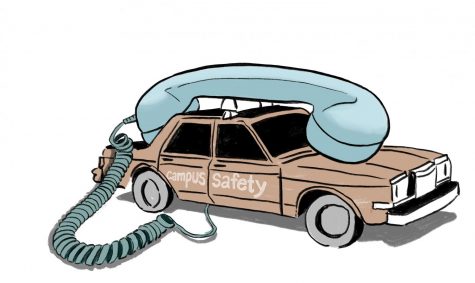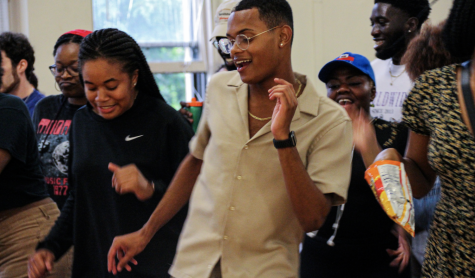Protesting: What Comes Next
Protesters holding several signs featuring phrases like “Black Trans Lives Matter” and “ACAB.”
After George Floyd’s murder on May 25, 2020, protests against police brutality occurred all over New York City — collective rage and pain came together in demands for the abolition of a system that marginalizes Black and Brown communities. With this collective action came immense pushback from the New York City Police Department. During my time protesting, I saw zero acts of violence committed by protesters. I received sandwiches and water from store owners as we marched past stores; people sang and read poetry to remember George Floyd, Breonna Taylor, Ahmaud Arbery, Oluwatoyin Salau, and countless others who were victims of police violence. I heard the ring of pots and pans as people who could not protest showed their support.
At the height of the protests, there was a curfew, and the NYPD would block off the entrances of the nearest subway stations about an hour beforehand. As a result, protestors could not get home and therefore could be arrested for “breaking curfew.” Our homemade signs were met with riot gear and pepper spray, and I saw the police beating on fellow peaceful protestors in broad daylight when we tried to cross the Brooklyn Bridge. I asked an officer in riot gear if he was proud of himself for hurting people; he laughed and said, yes. “You should be ashamed of yourself,” I replied. His grin disappeared.
Liberal New Yorkers tend to believe that our city is somehow better than others; their arrogance is evident through their thinking that New York was inherently a leftist safe haven. It didn’t matter if the mayor and government were Democrat or Republican, blue or red — they brutalized protesters just the same. As I got ready to head back to Oberlin, I continued to ask myself what was next and how I could use my privilege as an educated, non-Black, cisgender woman to enact change within my communities.
Every action has an equal and opposite reaction; we can start that change within our circles.
For me, this took shape in a variety of ways. As Sports Editor of the Review, my fellow co-editor and I found ways to integrate activism into our sports coverage. We wrote about the ways that sports can be a catalyst for change. We wrote about the WNBA and their protests against police brutality, Oberlin’s Black Student-Athlete Group and how they work to create a supportive environment for Black athletes, and the importance of Asian Americans and Pacific Islander athletic representation, but this was just the start.
Within my academic communities, activism has taken the form of having continued conversations about diversity and inclusion within science, technology, engineering, and math and how Oberlin can do better to support students of color in STEM. With every action, I can only hope that the reaction fields from these communities is one of acceptance and learning. I hope that everyone, particularly non-Black people, remembers these systemic inequalities are ones we can not and should not allow to continue without a fight. As allies, our work is never done. We should never feel satisfied in our activism, because we will never understand what it means to be Black in the United States. Remaining satisfied with the status quo and our current comfort level will only harm Black people on this campus further.
We should always be working to uplift and support Black activism, liberation, and joy. Adhering to this means not only posting on social media but putting your money where your mouth is: paying reparations to Black people, giving monthly contributions to mutual aid, and supporting Black activists, leaders, and organizers who are doing the work for Black liberation. Admittedly, these suggestions have been made by Black people and activists for decades before this piece. The fact that a non-Black individual like myself still feels the need to echo this sentiment at an allegedly liberal institution speaks volumes. Even if I’m not the first to say these things, I will continue to do so until I’m the last voice needed before a change comes.
Every action has an equal and opposite reaction, and it’s our responsibility to demand tangible systemic change and to uplift the voices and work of Black communities, activists, and individuals.


